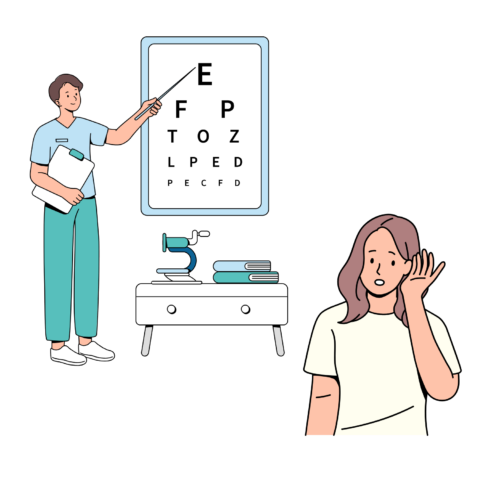Brain Health Planning
A brain health plan can help maximize brain function in all older adults, but it is especially helpful for those with cognitive or functional decline.
Brain health plans should be made for all older adults, regardless of their screening results or diagnosis to promote healthy aging and maximize their brain health.

"Supporting someone's brain health supports the whole person."
Creating a Brain Health Plan
Promoting brain health involves a proactive approach that includes increasing physical and social activities, correcting hearing and vision, managing medication side effects, and controlling vascular risk factors such as cholesterol, diabetes, and high blood pressure. Preventing falls and associated head injury is also important. These practices are essential for comprehensive dementia care, complementing the regular cognitive and functional check-ups integral to good care.

Hearing and Vision

Review Medication

Social and Physical Activity

Manage LDL, BP and Diabetes
Dementia Care Planning
While you implement a brain health plan for your patient, it’s time to investigate your patient’s positive CHA result. This requires gathering different types of information, including:
- Detailed cognitive and functional history
- Medication review
- Blood tests
- Imaging studies
- Screening for medical/psychiatric conditions
- Scheduling follow-up visits to monitor symptoms
Learn more about dementia care planning and post-diagnostic resources by visiting the link below.
